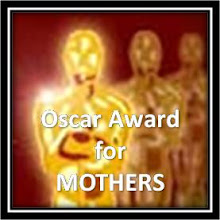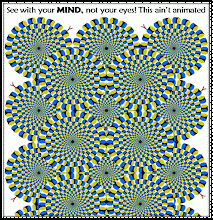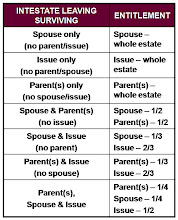The Hollies are an English pop band from Manchester formed in the early 1960s. Member Graham Nash told Public Radio International that the group decided just prior to a performance to call themselves the Hollies because of their admiration for Buddy Holly. The original lineup included Allan Clarke as lead vocalist, Graham Nash as guitarist and backup vocalist, Jeremy Levine on rhythm guitar, with Eric Haydock and Don Rathbone rounding out the group on bass and drums. The group released their first album in the United States in 1964 as part of the first wave of British Invasion releases. They are commonly associated with Manchester, as some of the original Hollies grew up in the city.
The Hollies had a squeaky-clean image, and were known for their bright vocal harmonies. Their EMI debut single "Ain't That Just Like Me," released May 1, 1963, hit #25 on the UK singles chart. Their second single, a cover of The Coasters' "Searchin," hit number 12. They scored their first British top-ten hit in early 1964 with a cover of Maurice Williams and The Zodiacs' "Stay," which hit #8 in the UK Singles Chart. It was from the band's Parlophone debut album "Stay With The Hollies." Released Jan. 1 1964, the album went to #2 on the UK chart. A version of the album would show up in the U.S. As Here I Go Again, on The Hollies' then-U.S. Label Imperial.
After The Beatles, The Hollies were the most successful British 'singles' bands of the 1960s, scoring twenty-two UK Top 40 placings between 1964 and 1970. Their hits include "Here I Go Again" (#4, 1964); the bands first self penned hit "We're Through" (#7 1964); "Look Through Any Window" (#4, 1965, U.S. #32); "Yes I Will" (#9, 1965); their only British #1 single, the Clint Ballard, Jr. Penned "I'm Alive" (U.S. #103) (1965); three UK #2 hits during 1966 - "Bus Stop" (U.S. #5) (written by future 10CC member Graham Gouldman); "I Can't Let Go" (U.S. #42); and, such Clarke-Hicks-Nash-written material as "Stop Stop Stop" (U.S. #7);
"Carrie Anne" (#3, 1967, U.S. #9, from which actress Carrie-Anne Moss got her name, having been born when the song was on the charts); "On a Carousel" (#4, 1967, U.S. #11); and "Jennifer Eccles" (#7, 1968, U.S. #40).
When Nash left in 1968 due to creative differences, in particular over the plan to record a full album of Dylan songs, he joined forces with former Buffalo Springfield guitarist Stephen Stillsand ex-Byrds singer David Crosby to form one of the first supergroups, Crosby, Stills & Nash. He was replaced by guitarist-singer Terry Sylvester, formerly of the The Swinging Blue Jeans. This lineup had a hit in 1969 with "Sorry, Suzanne", which reached No. 3 in the UK. In time, too, Sylvester proved a capable substitution for Nash as part of the band's songwriting team.
{Can remember vividly when I was at the live performance of The Hollies in Stadium Negara, Kuala Lumpur in the early 70s, during the harmonica intro of this song "He Ain't Heavy He Is My Brother..." goose bumps were all over me. Whoa! Awesome!..}
The group hit No. 3 again in 1970 with the emotional civil rights themed ballad "He Ain't Heavy, He's My Brother", which featured the piano playing of Elton John. The next single, "I Can't Tell The Bottom From The Top", also featured Elton John's piano playing and hit #7 in the UK in 1970. The UK hits continued with "Gasoline Alley Bred" (UK #14 1970) and the hard edged rocker" Hey Willy" (UK #22 1971). [wikipedia]












No comments:
Post a Comment